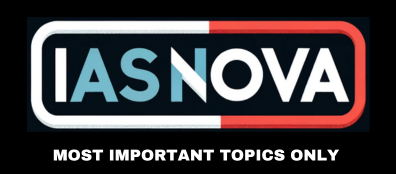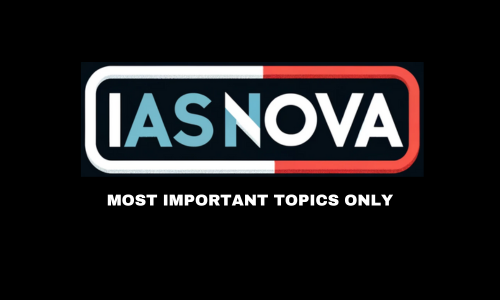Moral Attitudes
Moral attitudes refer to the predispositions or orientations individuals have towards ethical principles, values, and judgments. They play a crucial role in guiding behavior and decision-making, especially in situations involving moral or ethical dilemmas.
Nature of Moral Attitudes:
- Rooted in personal, societal, and cultural values.
- Influenced by religious beliefs, upbringing, education, and personal experiences.
- Reflect one’s beliefs about right and wrong, justice, fairness, and human rights.
Formation and Evolution:
- Developed early in life, often influenced by family and educational environments.
- Can evolve with new experiences, information, and reflective practices.
- Shaped by societal norms, historical contexts, and cultural dynamics.
Impact on Behavior:
- Moral attitudes influence judgments and actions in ethical dilemmas.
- Guide responses to issues like corruption, human rights, and social justice.
- Affect interpersonal relationships and professional conduct.
Moral Attitudes in Public Service:
- Essential for ethical governance and public trust.
- Guide civil servants in decision-making and policy implementation.
- Influence attitudes towards transparency, accountability, and public welfare.
Political Attitudes
Political attitudes are orientations towards political entities, ideologies, policies, and processes. They encompass a wide range of views on governance, power structures, policy preferences, and civic engagement.
Nature of Political Attitudes:
- Include views on government roles, political ideologies, and policy preferences.
- Shaped by factors like socio-economic status, education, media exposure, and peer groups.
- Reflect one’s position on the political spectrum (e.g., conservative, liberal, socialist).
Formation and Influences:
- Influenced by family background, educational experiences, and socialization.
- Affected by national events, political leaders, and social movements.
- Shaped by personal experiences with governmental and political systems.
Role in Governance and Democracy:
- Political attitudes influence voting behavior and political participation.
- Affect public opinion on governance, policies, and political leaders.
- Crucial for the functioning of a healthy democracy and responsive governance.
Political Attitudes in Civil Services:
- Civil servants must navigate their own political attitudes while maintaining neutrality.
- Influence their approach to policy implementation and public administration.
- Important for understanding and responding to the political climate and public needs.
Intersection of Moral and Political Attitudes
- Interrelation: Moral and political attitudes are often intertwined. Political ideologies can be deeply rooted in moral beliefs, and vice versa.
- Policy Implications: The intersection of moral and political attitudes is evident in policy debates on issues like welfare, justice, and human rights.
- Challenges in Public Administration: Balancing personal moral and political attitudes with the need for impartiality and ethical conduct is a key challenge for civil servants.
Conclusion
For UPSC aspirants, a comprehensive understanding of moral and political attitudes is crucial. These attitudes not only shape personal ethics and political views but also influence broader societal and governance outcomes. As future civil servants, aspirants must be aware of how these attitudes impact decision-making, public policy, and administrative practices, ensuring that their actions align with the principles of ethical governance and democratic responsibility.

